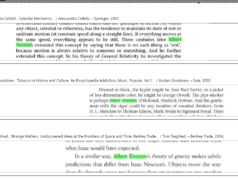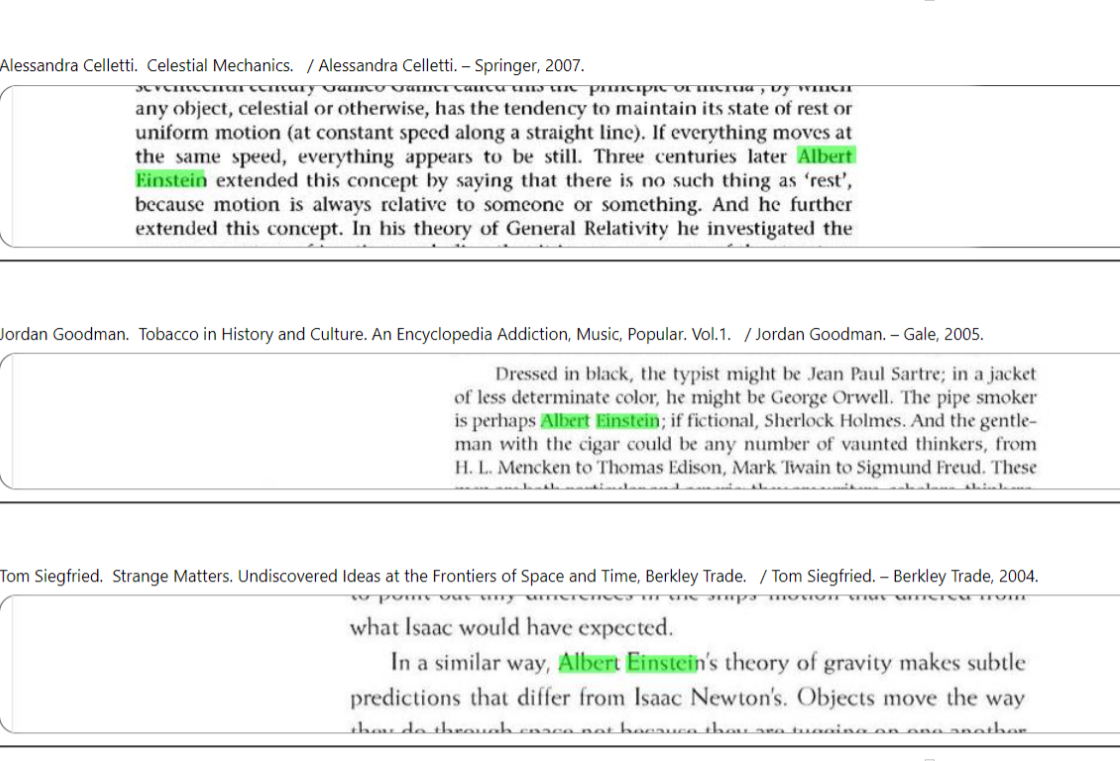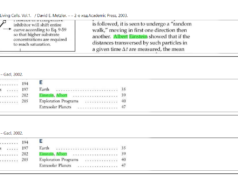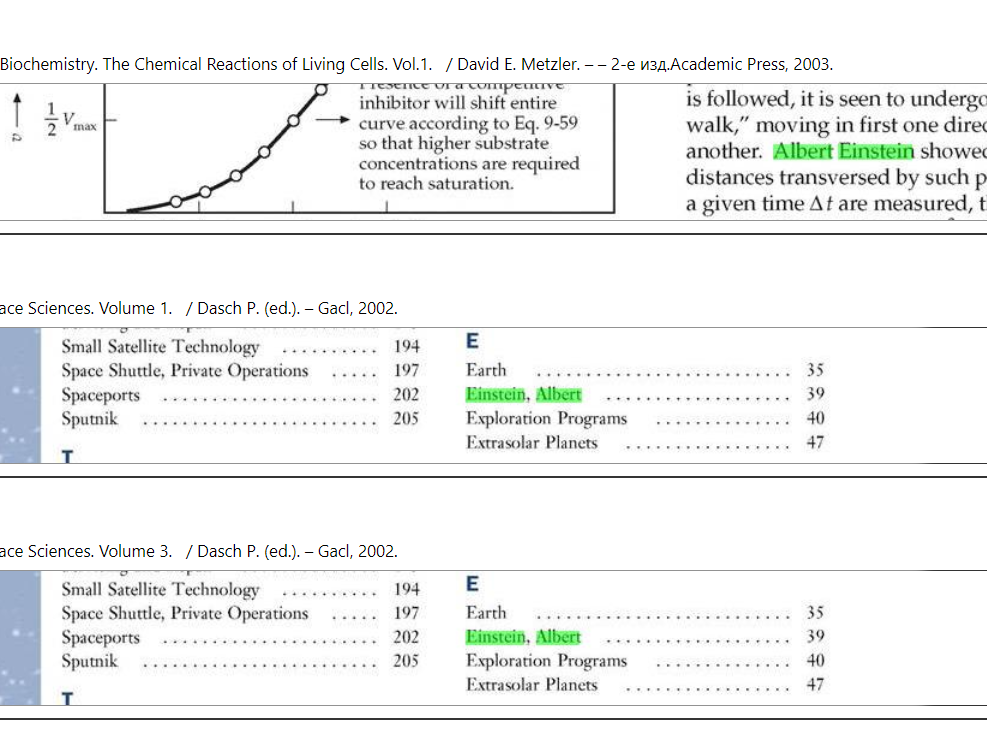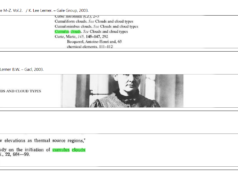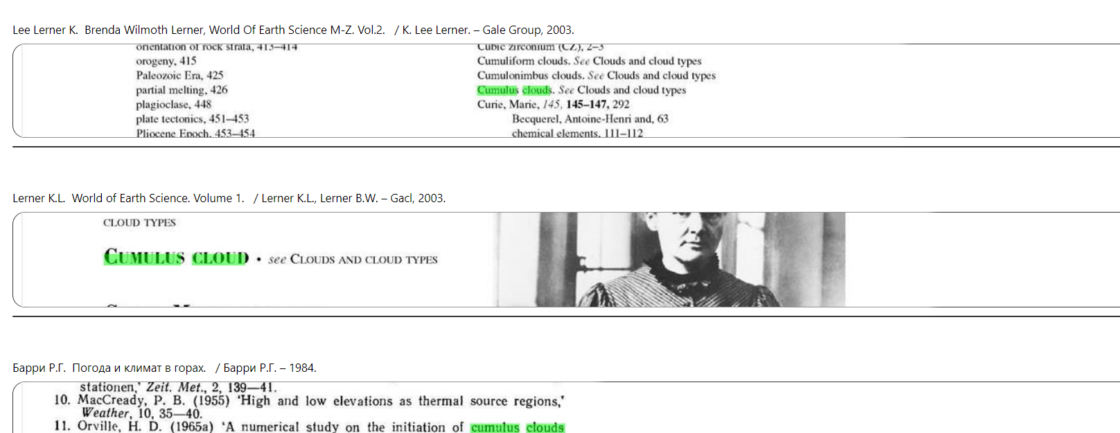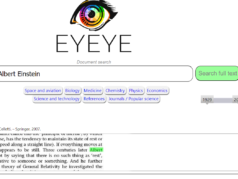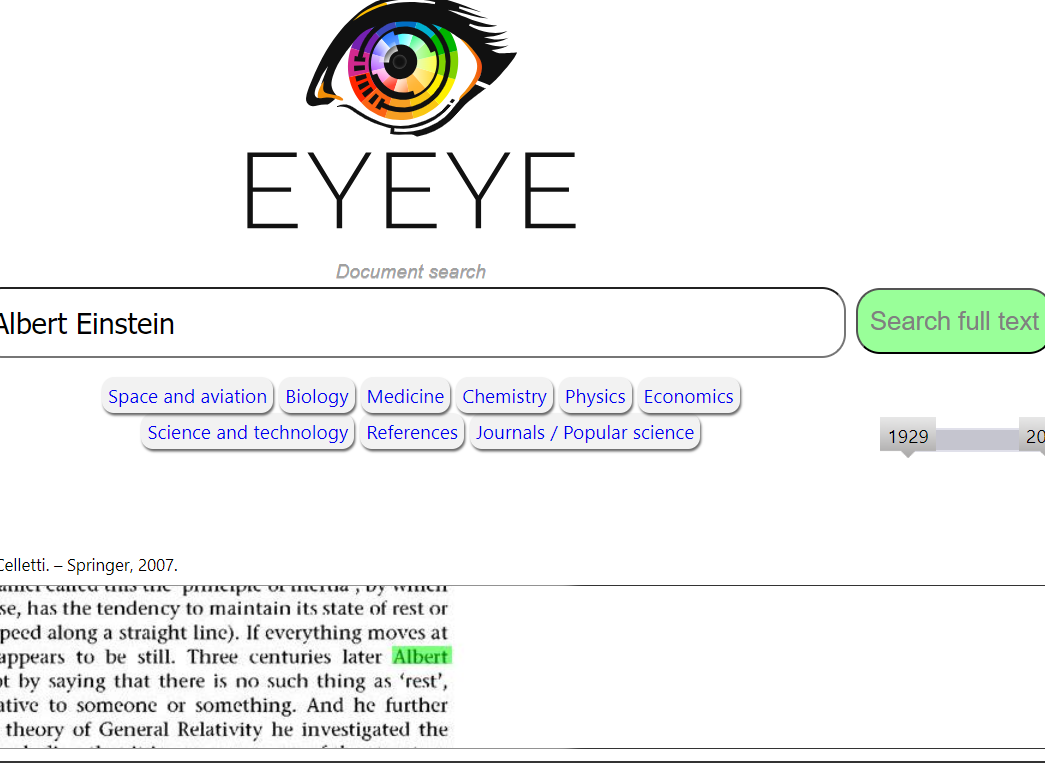Search in text
ONLINE / OFFLINE
Newspapers, magazines, books, maps, documents, sheet music
Your guide to the world of text discovery
Ver 2.2 TEST MODE

What kind of search is this?
For what?
Independent searching through the labyrinth of books, newspapers, and archived pages is a fascinating adventure that opens up an inexhaustible source of knowledge for researchers and educated souls. For writers, like archaeologists of words, it is a testimony of centuries, a source of inspiration, where every page is the key to history, beauty and wisdom.
And in the hands of businessmen and analysts, it is magic that turns into strategies for success based on a deep understanding of the data embedded in writing. Thus, independent search not only illuminates the path for professionals, but also brings the wine of knowledge to the soul thirsting for discoveries and eternal truths.
ANY DOCUMENT
Any text or fragment of text can be searched. For searching, you can prepare any document - a book, newspaper, magazine, map, including non-standard size, specialized documents.
BEST HIT IN TEXT QUOTE
Document search displays the best hit of a search query in a text clipping, showing the closest location of words.
ALL WORDS FROM THE REQUEST IN THE QUOTE
In document search, all found words from the query are always displayed on a text clipping, enlarging the clipping if necessary.
SEARCH IN ANY DOCUMENT COLLECTION
Can be searched in any printed document. This can be useful for providing public information to a wide audience of users.
Search in printed publications
Print search plays an important role in accessing information and its applications cover a variety of areas. Here are some of the main reasons why print search is necessary and what its uses are:
Access to Historical Data:
Much valuable historical data is stored in printed publications. Search allows researchers, scholars and students to quickly find and explore archives, articles and publications relating to past events.
Academic Research:
For students, scholars, and educators, searching academic print publications is a key tool. It provides access to articles, research and critical reviews needed for academic work.
Searching for Information for Decision Making:
Entrepreneurs, managers and analysts often require information from printed sources to make informed decisions. Search provides an efficient way to retrieve relevant information from various sources.
Cultural Research:
People involved in cultural studies often use print searches to analyze trends, review works, and discuss cultural events.
Working with media:
Journalists, editors, and media professionals use search to gather facts, conduct investigations, and obtain additional information for articles and reports.
Archiving and recording knowledge:
Searching in printed publications also serves as a means of archiving and preserving knowledge. It allows you to effectively find and use old and new sources, forming a more complete understanding of the topic.
Development of personal interests:
Readers can use search to find articles, reviews, and interviews based on their personal interests, thereby enriching their personal culture and knowledge.
Cross-media search:
Modern technologies make it possible to combine print and digital publications, providing cross-media search capabilities that cover information from both sources.
So, search in printed publications remains an integral part of the process of obtaining information, providing a wide range of users with various application possibilities.
Examples of search queries
Informational resources
A search engine can be very useful and effective in a variety of educational, research and corporate areas, including libraries, publishing houses, archives, universities, schools, firms and document companies. Various foundations, museums, and archives will be able to offer convenient access to their resources to everyone.


